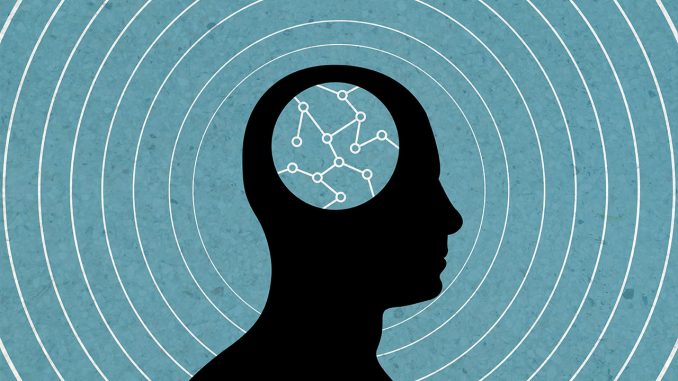
If given the option, would I take away my learning disabilities?
No.
I would not be the person I am today without them. They provide me with insight that everyone struggles, make me an empathetic leader and give me the power to control my future.
I first became aware of my differences in first grade. I remember staring at the chalkboard, my eyes glazing over letter patterns that looked like jumbles to me. The vocabulary words on the board made sense to everyone but me.
I felt stupid. I did not grasp the importance of this moment because I was only 6 years old, but it was the first indication of a struggle that still endures today.
I ran home and told my parents. I cried and begged for help. I knew I was different from other kids, but what was wrong?
After various tests, I was diagnosed with attention deficit hyperactivity disorder, dyslexia, auditory processing disorder and visual processing disorder in second grade. ADHD affects my ability to pay attention, organize my thoughts, sit still and manage my time. Dyslexia affects my ability to read, decode words and process language. APD and VPD come along with my other learning disabilities.
Before understanding my diagnosis, I was confused. I was given an individualized education program, as if I knew what that was at the time, and transferred to a new school. The IEP provided me with specialized education to meet my needs.
My 6-year-old self was scared. Was I a freak? Would my differences haunt me forever?
I remember throwing myself onto my pink-patterned quilt that covered my bed and soaking the pillows with my tears, but later, I made a firm promise to myself to work hard in school and prove my learning disabilities would not hold me back.
Within months, I was placed in full-time learning support. The primary reds, blues and yellows that spread across the classroom walls turned to gray clouds of doubt. Would I ever read or solve math problems like everyone else? I questioned if my struggles would continue or end.
But I began to make friends with other kids who also understood what being “different” was in the same way as I did. This helped me get through my struggles.
Once I reached seventh grade, with resilience and many late nights studying, my extra energy finally started to pay off. I worked harder than everyone else in the class to achieve the same results. I was taken out of my safe haven of learning support and given a new plan that put me on my own, called a 504.
The 504 was a new plan to support my learning disabilities. It is a step down from an IEP that protects me from education discrimination but also gives me accommodations for my learning environment that makes things equal for me in class as for any other student.
I felt scared but excited. I caught up to the same level as the other kids and even surpassed them at times due to the promise I made in first grade — to work hard and not let my learning disabilities hold me back. I understood my work and proved to myself I could do well in school.
In eighth grade, I suffered a sports-related concussion. After I was cleared, I was diagnosed with dysgraphia, a neurological condition that affects fine motor skills.
When a student with a learning disability suffers a concussion, a learning disorder that maybe was very slight or undiagnosed can become worsened.
I was close to giving up, but my promise did not disappear, and I knew that my first-grade self would be furious if I admitted defeat. Rest and occupational therapy rehabilitated me and placed me back on the road to success.
Still, I continue to struggle. My disabilities have forced me to work harder than most people and affect my everyday life. Instead of viewing my disabilities as something that prevents me from succeeding, I view them as motivation.
I am more than just my diagnoses, but I have no doubt they have helped shape who I am today.


Be the first to comment